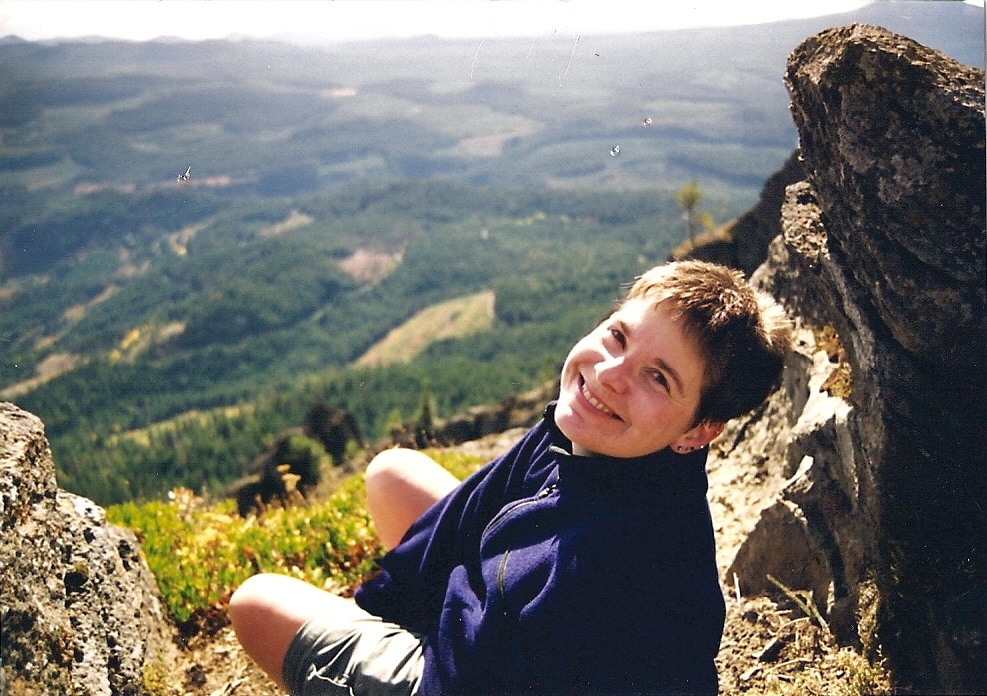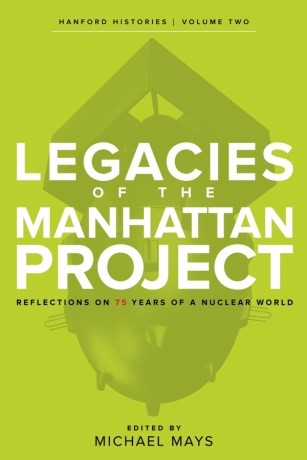Laura Harkewicz publishes “We Can’t Relocate the World”

IAS faculty member Laura Harkewicz published “’We Can’t Relocate the World’: Activists, Doctors, and a Radiation-Exposed Identity” in the Washington State University Press book, Legacies of the Manhattan Project: Reflections on 75 Years of a Nuclear World. The chapter ruminates on the physical and psychic toll of post-war nuclear testing and the indeterminate correlation between radiation exposure and illness. In this piece, Harkewicz narrates the relationships between U.S. government doctors, antinuclear activists, and the peoples of Rongelap and Utirik in the Marshall Islands who had been inadvertently exposed to radioactive fallout by the 1954 Operation Bravo hydrogen bomb test. While the “Bravo Medical Program,” was created as an immediate response to treating the victims of fallout exposure, the Program continued for over 40 years.
Over time, with changes in society and scientific knowledge, the Marshallese – or activists acting on their behalf – cast doubt on the motivations of the Program and its doctors. By aligning themselves with other radiation-exposed peoples – downwinders, atomic veterans, the survivors of the bombings of Hiroshima and Nagasaki – the Marshallese sought not only to justify their claims for financial compensation and medical care but also to challenge science’s singular claims on knowledge-production. Activists used the Marshallese plight for their own antinuclear agenda while Bravo doctors and scientists carried out their work with accountability to no one but themselves. While legal and political claims were based on scientific and medical definitions that stressed certainty, uncertainty left radiation effects open to interpretation. The exposed, therefore, remained in a space of indeterminacy and existential fear that they may get ill at any time.

